Koç University

Prof. Didem Unat (Project Coordinator) is an Assistant Professor at Koç University, Istanbul, Turkey. She is known for her work in designing programming models, performance tools, and runtime systems for emerging parallel architectures. She is the recipient of the Marie Sklodowska-Curie Individual Fellowship from the European Commission in 2015, the Young Scientists Award in 2019 from the Science Academy of Turkey and British Royal Society-Newton Advanced Fellowship in 2020. She is the very first researcher from Turkey, who has received the ERC grant in Computer Science from the European Commission.
Sabancı University
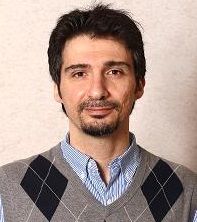
Prof. Kamer Kaya received the PhD degree from Department of Computer Science and Engineering, Bilkent University. He is an assistant professor with the Faculty of Engineering and Natural Sciences at Sabancı University. He worked at CERFACS, France, as a post-graduate researcher at the Parallel Algorithms Project. He then joined the Ohio State University, in September 2011 as a postdoctoral researcher, and in December 2013, he became a research assistant professor in the Department of Biomedical Informatics. His current research interests include parallel programming, high-performance computing, and cryptography.
Simula Research Laboratory
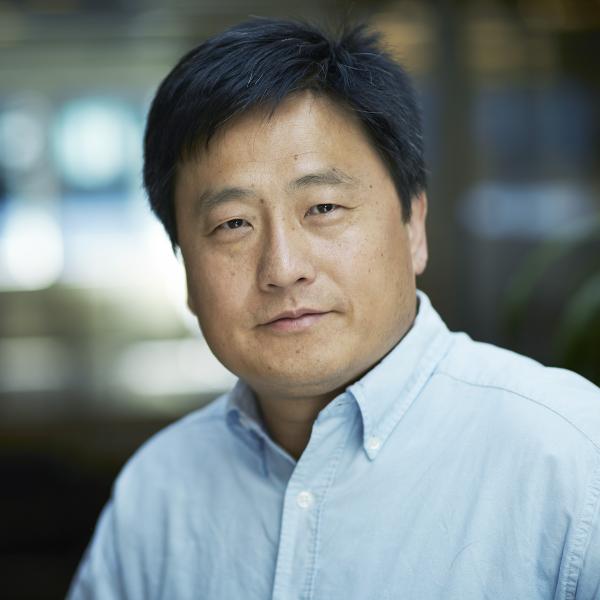
Prof. Xing Cai is a Chief Research Scientist and head of the HPC Department at Simula. He also holds a full professor position at Department of Informatics, University of Oslo. Prof. Cai has led the HPC research in the scientific computing domain since Simula’s establishment in 2001. He has long-standing collaborations with several internationally leading HPC groups. Prof. Cai led the work on porting and running the very first scientific application on Tianhe-2 in 2013, a numerical simulation of subcellular calcium dynamics with a resolution down to the nanometre scale. Prof. Cai’s recent research has concentrated on heterogeneous high-performance computing, plus methodologies and software tools to simplify the use of heterogeneous supercomputers for non-specialists.
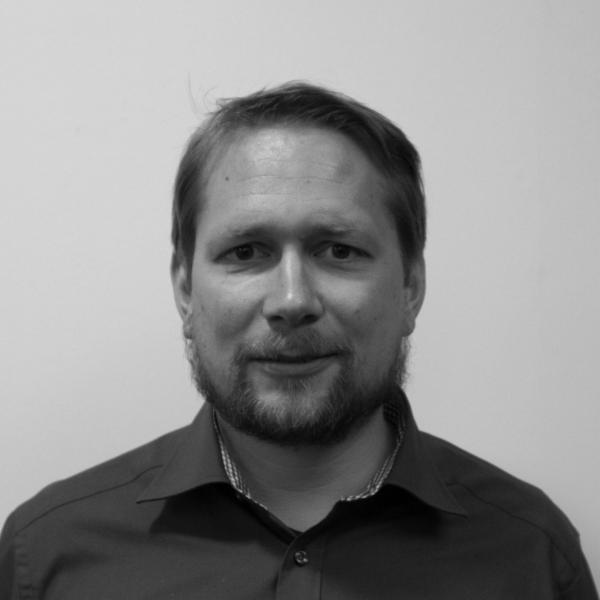
Dr. Johannes Langguth is a Research Scientist at Simula, where he has been working since 2012. Prior to that, he worked as a postdoc at ENS Lyon, France. He holds a PhD from the University of Bergen, Norway, and master degrees in computer science and economics from the University of Bonn, Germany. His research focusses on high performance computing using heterogeneous architectures, parallel graph algorithms, sparse linear algebra, and combinatorial scientific computing. Dr. Langguth maintains active research collaborations with Purdue University, Indiana University, and Lawrence Berkeley National Lab in the USA, as well as multiple sites in Europe including ENS Lyon. He is leading interdisciplinary projects in social network analysis and graph neural networks.
INESC-ID
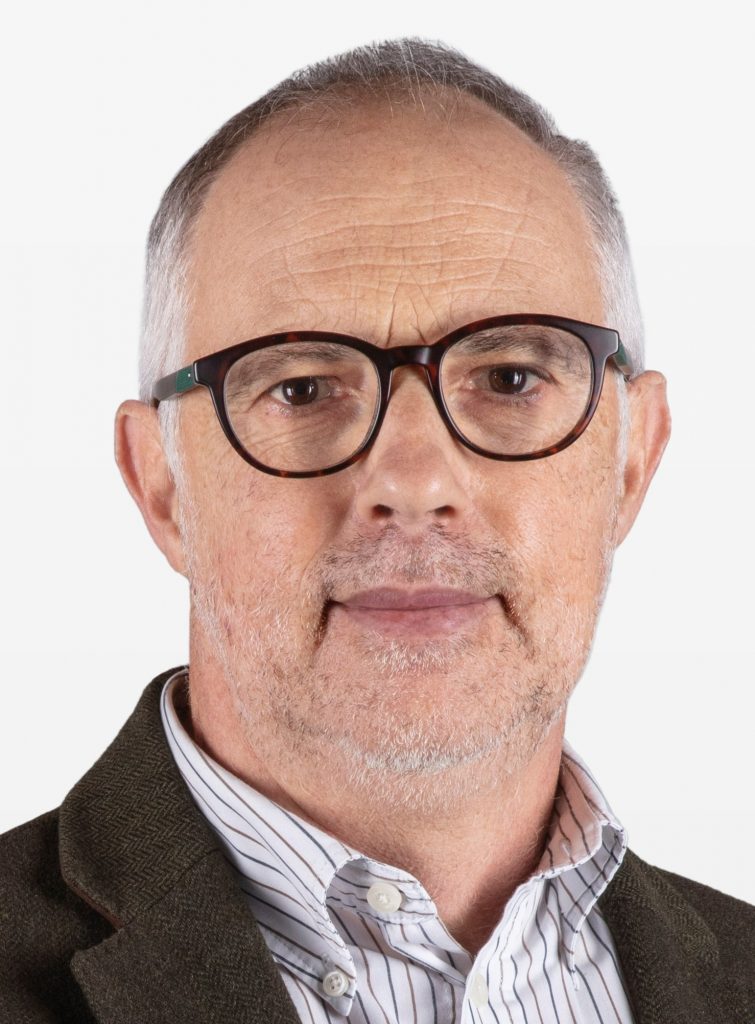
Prof. Leonel Sousa received a PhD degree in Electrical and Computer Engineering from the Instituto Superior Técnico, Universidade de Lisboa, Lisbon, Portugal, in 1996, where he is currently Full Professor. He is also a Senior Researcher of the High-Performance Computer Architectures and Systems Research Group at INESC-ID. He has contributed to more than 250 papers in journals and international conferences, for which he got several awards, including: DASIP’13 Best Paper Award, SAMOS’11 ‘Stamatis Vassiliadis’ Best Paper Award, DASIP’10 Best Poster Award, and the Honorable Mention Award UTL/Santander Totta for the quality of the publications in 2009 and 2016. Currently participating in several European projects, he is also a Fellow of the IET, Distinguished Scientist of ACM, a Senior Member of IEEE, and Member of IFIP WG10.3 on concurrent systems. His research interests include VLSI architectures, parallel computing, computer arithmetic, and cryptography.

Prof. Aleksandar Ilic is an Assistant Professor with the Department of Electrical and Computer Engineering at the Universidade de Lisboa, and a Senior Researcher in the High-Performance Computing Architectures and Systems Group at INESC-ID. His research interests include high-performance and energy-efficient computing, and modeling on parallel heterogeneous systems. He has contributed to more than 60 papers in international journals and conferences.
Ludwig-Maximilians-Universität München

Dr. Karl Fuerlinger holds a PhD in Computer Science from the Technische Universität München and has been a postdoctoral researcher at the Innovative Computing Laboratory in Knoxville, Tennessee and at the University of California at Berkeley. He is a lecturer and senior researcher at the Department of Computer Science of Ludwig-Maximilians-Universität München and is leading several research projects in the area of parallel programming approaches and tool support
Graphcore
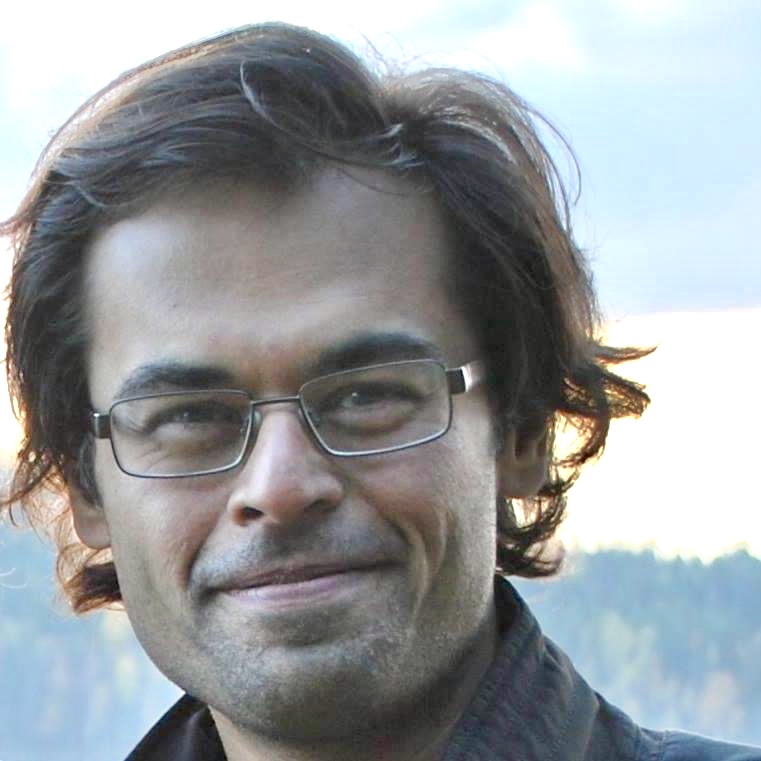
Dr. Arjun Chandra is part of the Applications team at Graphcore (https://www.graphcore.ai), focussing on engineering state-of-the-art machine intelligence models and methods that leverage, examine, and inform the development of the ever expanding capabilities of Graphcore’s SDK and hardware systems. Arjun has conducted research on a range of topics within the general area of nature/socially inspired learning and adaptation. He received a doctorate in Computer Science from the University of Birmingham, UK in 2011, and was part of the foundational work on computational self-awareness on the EU FP7 EPiCS project (https://epics.uni-paderborn.de). Arjun routinely advises graduate students at the Norwegian Open AI Lab (https://www.ntnu.edu/ailab), and occasionally teaches on undergraduate and graduate level AI courses driven by academic collaborators at different Universities.
*Unfortunately, Graphcore had to withdraw from the project as of M21 due to the closure of its office in Norway.
